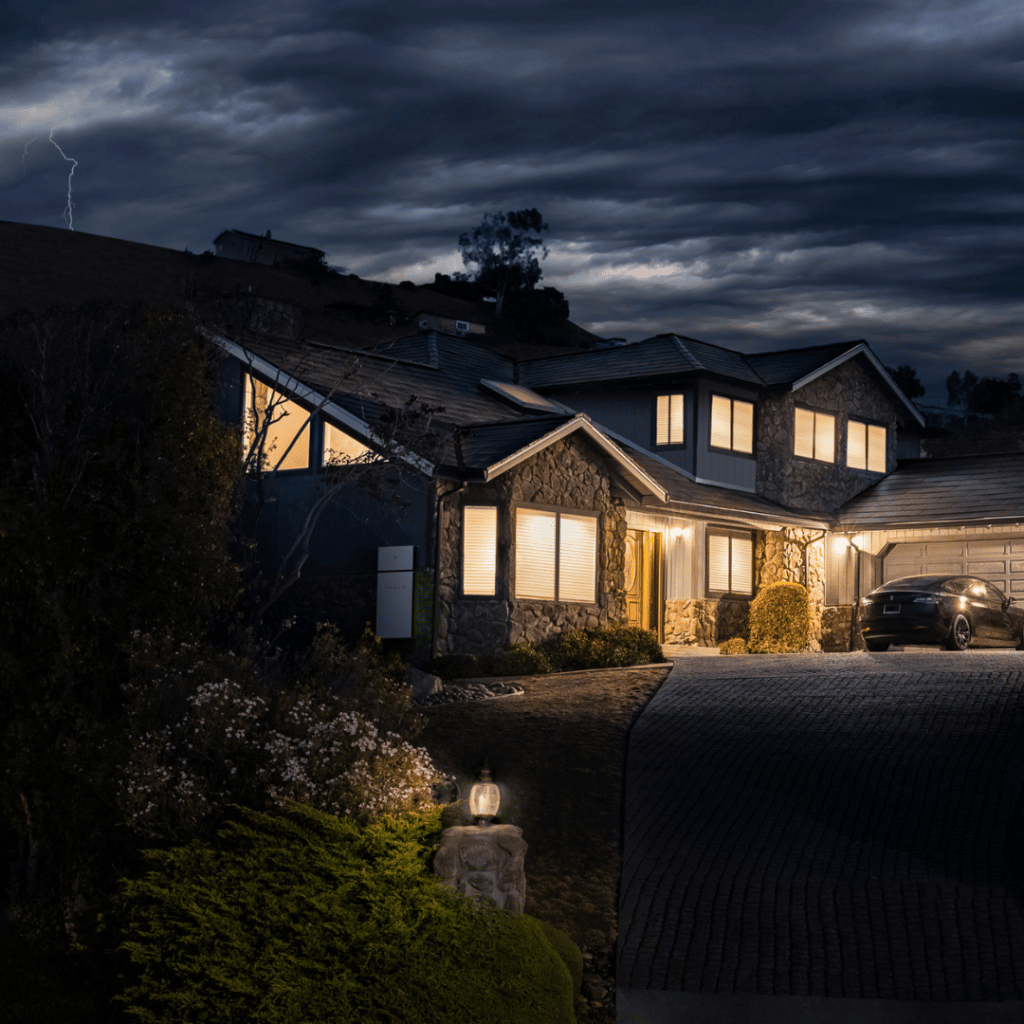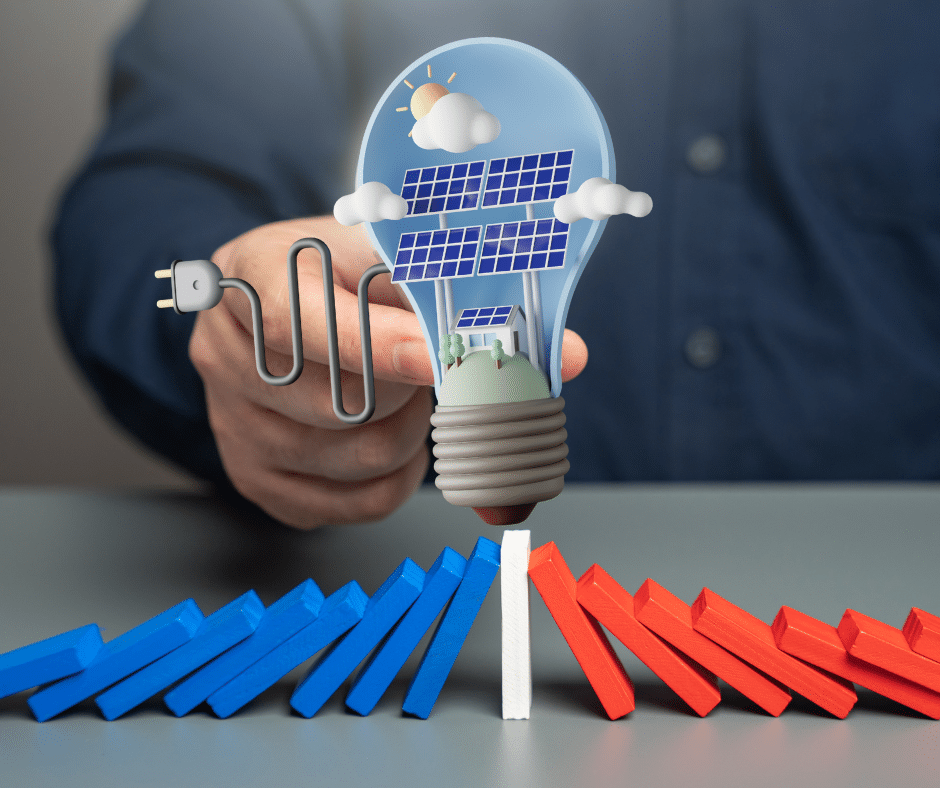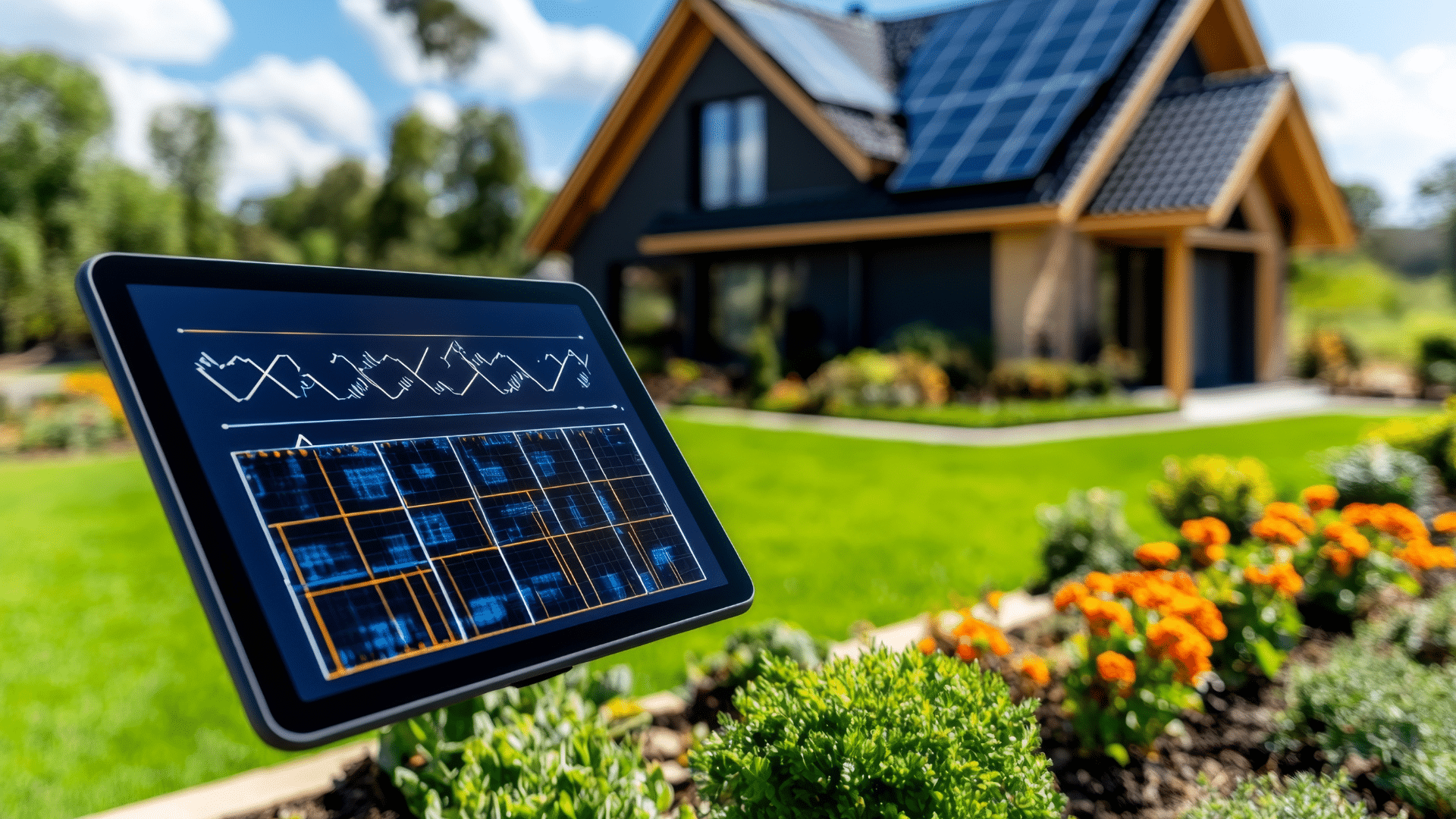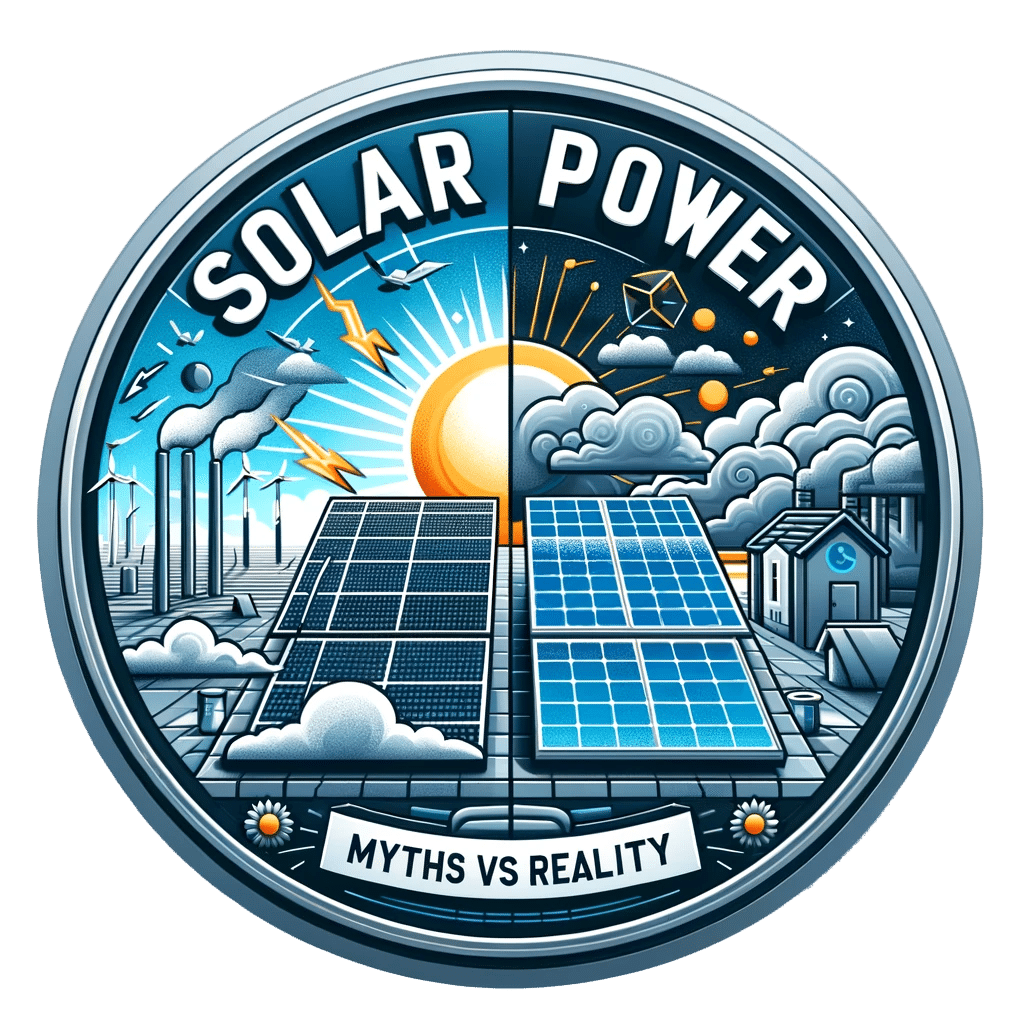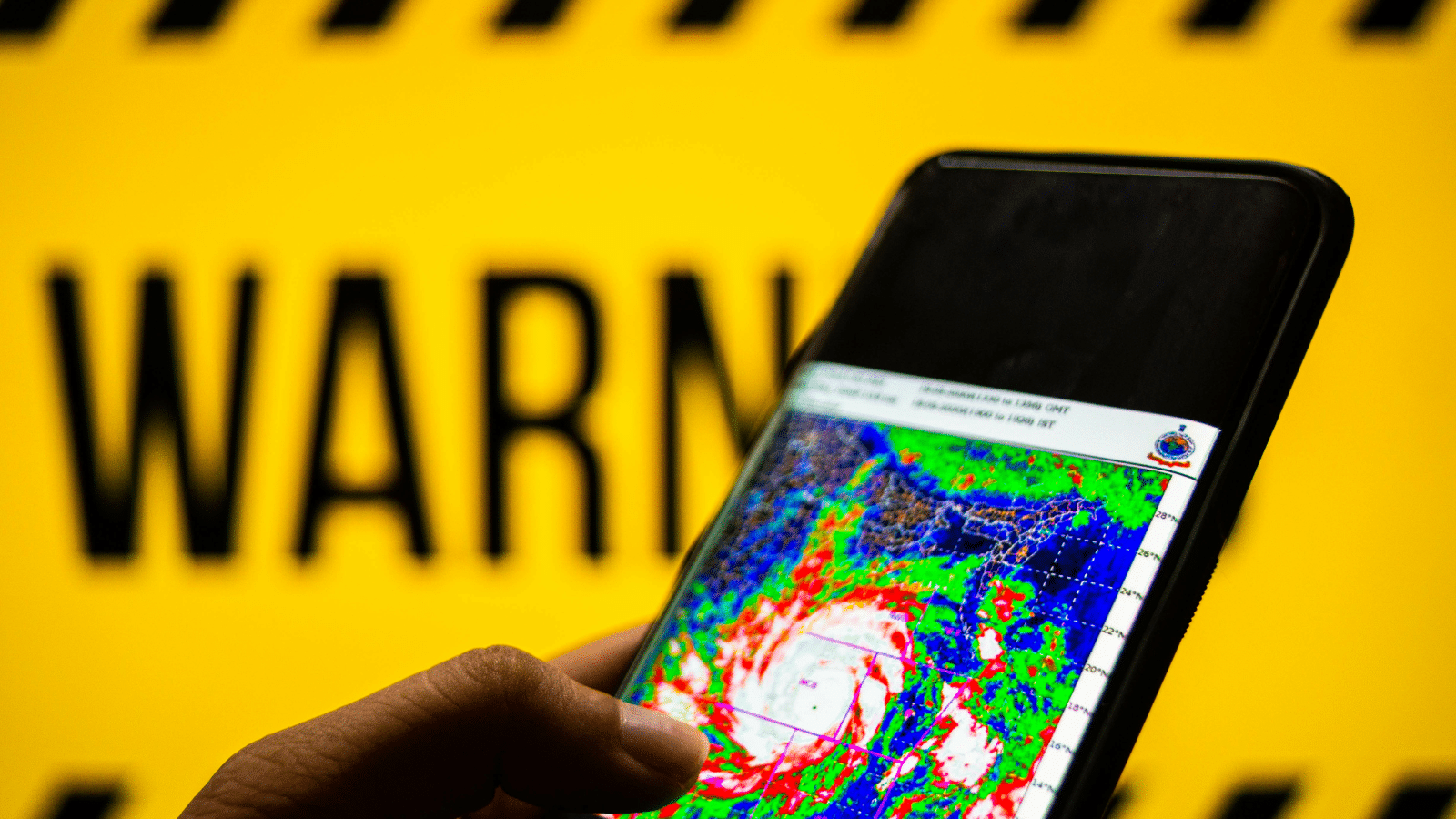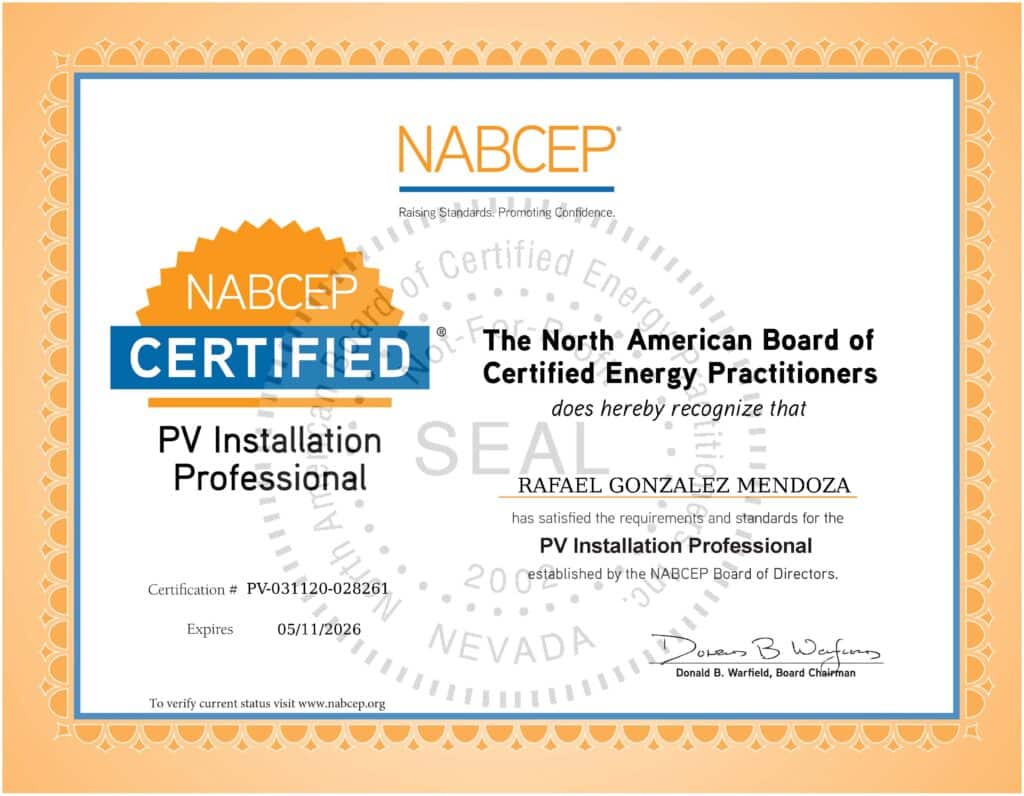So many people have theorized, conspired, and predicted what could happen if America’s power grid goes down. Although these thoughts are valid, no one truly knows until it occurs. The biggest thing many Americans should concern themselves with is how to survive if the electrical grids fail and create power outages across the country. Here’s what you need to know and do in the case of a power grid outage in America.
What Happens When Power Grids Go Down?
First off, when electrical panels go down, all water and gas halts, creating worse conditions for those in more rural areas. In California, it’s common for power grids to go down since many things trigger blackouts. California’s seen its fair share of outages due to things such as wildfires and heat waves.
In fact, companies have purposely created outages to prevent fires and further outages. However, in case of other outages, how can someone survive one? It especially matters in climates that experience inclement weather conditions during the summer and winter.
What Are the Biggest Causes of Power Grid Failure?
There are many things that increase the chance of power grid failure. Natural disasters are the common reason for power failure, but they aren’t the biggest. A physical or cyber-attack is the biggest threat that increases the chances of a power grid failure.
Additionally, you’ll need to have emergency supplies stocked up in case of a power outage since the average time of one is close to two weeks.
What Do You Need To Survive a Power Outage?
You’ll need supplies that help you navigate your regular daily routine while waiting for power to come back on to survive a power outage.
Have Light Sources Ready
Since you have the sun to see during the day, you’ll need other sources of light to get around at night, especially if you need to walk around dark areas in your home or elsewhere. You can use everything from flashlights to candles, as long as you keep the flashlight batteries stocked up and watch the candles.
It’s essential to have as many sources of light as possible, especially if you want to have enough for a neighbor to use. For each room in the home, you’ll need light to help others move around safer and to provide heat sources.
In the bedrooms, supply each person with a flashlight. Place a torchlight in the bathroom, garage, and kitchen. You’ll use these areas a lot, so keeping torchlights nearby can help others see better in the dark.
Create a Makeshift Toilet
Even though the indoor facilities won’t work for a while, that doesn’t mean you shouldn’t forego creating a second toilet to use. You should avoid using indoor toilets since they won’t work once the power goes out.
When making a temporary toilet, grab a 10-gallon trash bag and place it into a 5-gallon bucket. Place an absorption medium at the bottom of the bin. Then, place one or two grocery bags around the bucket’s rim. Afterward, place a pool noodle around the rim to hold the bags in place, and add more absorption medium into the bag.
Have Cases of Water and Food Ready
It’s essential to have water stocked up in your home, as it’s likely that the water lines won’t work during a power outage. You can use the cases of water for bathing, cleaning dishes, and filling larger jugs. You’ll use the water often, so don’t waste or play with the supply.
As for food, you want to keep everything stored in its respective places. You should store non-perishables in pantries, cabinets, and underneath shelves. Keep perishables, such as frozen foods and other cold items, in the freezer and fridge. While the power’s out, your fridge and freezer will still be cold, so the best tip to avoid defrosting or spoiling food is to keep doors closed whenever possible.
Take Care of Your Garbage
You may need to think about garbage when planning actionable steps to surviving a power outage. Aside from throwing trash in, will you need to use the bins for water storage? If so, it’s a good idea to keep them separated so that everyone knows what each garbage can is for what. For example, make the green one for waste and the blue one for water supply.
If you can, try and avoid burning your garbage. It produces a smelly odor and can cause a fire on your property if you’re inexperienced. Before you burn it yourself, ask around or buy a burn barrel to burn your garbage safely.
Have a Backup Power Grid
Having backup power is essential when you need to reach other family members or friends in other states. The power grids around America have a battery pack that provides an extra four hours of limited power to use on cellphones so that you can contact friends and family.
Remember that while the supply is only four hours long, it’s best to keep all communication limited so that you don’t run out of power. However, if you want a better power source that doesn’t run out of control at night or during dark days, you’ll want a solar panel.
Solar panels generate power through absorbed solar energy. This natural energy source keeps a home powered even through nationwide power outages. Power grids may go out, but your home will stay powered through a backup generator.
Why You Need a Solar Panel
A solar panel is an excellent tool in case of a power outage in America. It’s essential if you want to know how to survive if the power grid goes down in America. Panels absorb energy from the sun, creating energy that helps keep the home powered during a blackout.
A solar generator won’t run out of power—unless it’s a cloudy day. Nevertheless, solar generators create energy at a lower cost than regular electrical panels.
If you want to know more about solar panels and how they can help you during power outages, contact Go Solar Power for more information about solar panels and how our team of solar panel system installers can change your life. We look forward to hearing from you and installing a solar panel system in your home.

